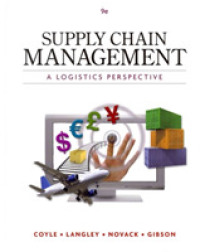- ホーム
- > 洋書
- > 英文書
- > Science / Mathematics
Full Description
This anthology of the research findings of dozens of speaker recognition experts from around the world provides a multidimensional view of the complex science involved in determining whether a suspect's voice truly matches forensic speech samples.








